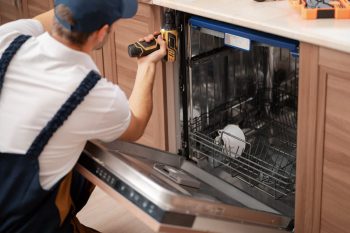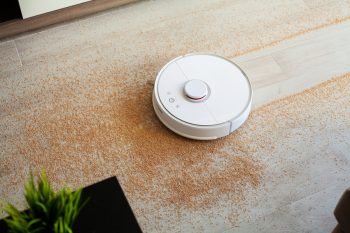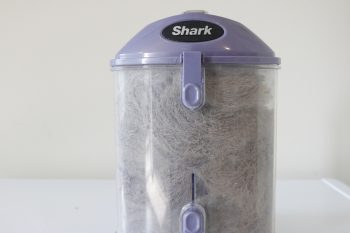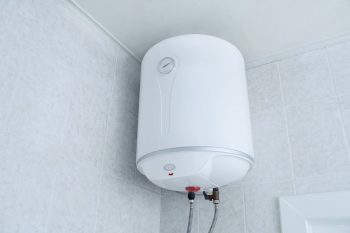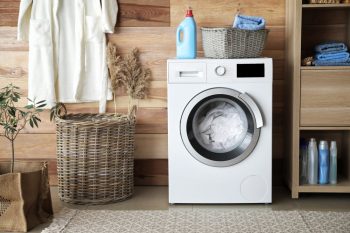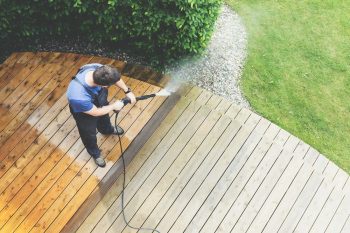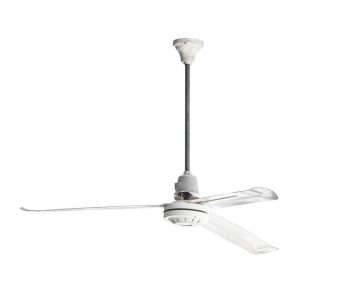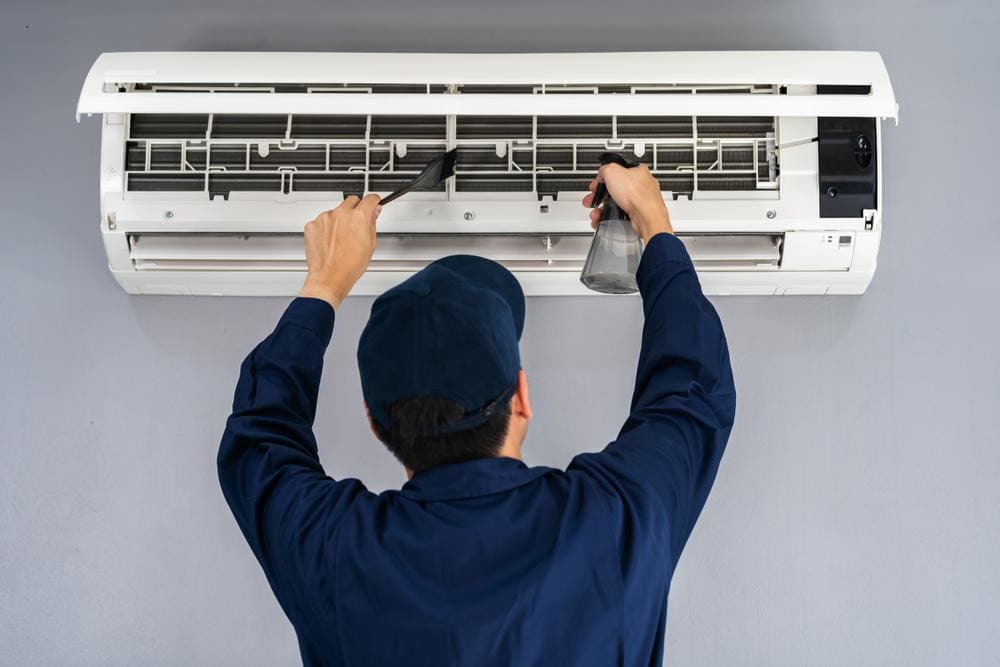
Air conditioning (AC) units are essential for maintaining comfort in our homes, especially during the hot summer months. However, they can sometimes pose problems, one of which is leaking water from the front. If you’ve noticed this issue with your AC unit, you’re likely wondering why it’s happening and what you can do about it. This article aims to explain the various reasons why your AC could be leaking water from the front and provides comprehensive solutions to address this common issue.
Your AC might be leaking water from the front due to a few common causes such as a clogged condensate drain line, a damaged or rusted drain pan, frozen evaporator coils, dirty air filters, or incorrect installation. To fix the problem, you can try turning off the unit, inspecting the drain pan and line, checking and replacing the air filters, and checking the evaporator coils. If the problem persists, it’s recommended to call a professional HVAC technician. Regular maintenance can help prevent future leaks.
Common Causes of AC Leaking Water
There are several reasons why your AC might be leaking water from the front. Here are the most common ones:
- Clogged Condensate Drain Line: The condensate drain line plays a crucial role in removing excess moisture produced by your AC unit during the cooling process. If the drain line gets clogged with dirt, debris, or mold, the water can back up and overflow from the drain pan, causing a leak.
- Damaged or Rusted Drain Pan: As your AC unit ages, the drain pan can rust and corrode, leading to leaks. This is especially common in units that are 15-20+ years old.
- Frozen Evaporator Coils: Low refrigerant levels or blocked airflow can cause the evaporator coils in your unit to freeze. When the ice on the coils melts, it can overflow the drain pan, leading to leaks.
- Dirty Air Filters: If the air filters in your unit are clogged with dirt and debris, they can restrict airflow to the evaporator coils. This can cause the coils to freeze and leak water when they defrost.
- Incorrect Installation: If your AC unit and drain pipes are not installed correctly, it can disrupt the water flow from the drain pan, causing the unit to leak water.
Troubleshooting a Leaking AC
If you notice your AC leaking water, there are several steps you can take to troubleshoot the problem:
- Turn Off the Unit: To prevent further damage, turn off your AC unit as soon as you notice a leak.
- Inspect the Drain Pan and Drain Line: Check the drain pan for any signs of damage or rust. If it’s in poor condition, it will need to be replaced. Also, check the drain line for any clogs and clear them out.
- Check the Air Filters: If your air filters are dirty, replace them. This can improve airflow to the evaporator coils and prevent them from freezing.
- Check the Evaporator Coils: If the evaporator coils are frozen, allow them to defrost. If the problem persists, you may have a refrigerant leak that needs to be addressed by a professional.
Preventing Future Leaks
To prevent your AC unit from leaking water in the future, consider the following tips:
- Regularly clean or replace your air filters to ensure proper airflow.
- Clean your condensate drain line regularly to prevent clogs.
- Schedule regular professional maintenance to keep your unit in good working order.
If your AC continues to leak water despite your best efforts, it’s time to call in a professional. HVAC technicians have the training and experience to accurately diagnose and fix issues with your AC unit. They can also provide maintenance services to keep your unit running efficiently and prevent future leaks.
In conclusion, while a leaking AC can be a cause for concern, understanding the potential causes and knowing how to address them can help you maintain a comfortable and cool home. Remember, regular maintenance is key to preventing AC leaks and ensuring the longevity of your unit.
Frequently Asked Questions
How often should I clean or replace my air filters?
The frequency of air filter replacement or cleaning depends on several factors such as your AC usage, the air quality in your home, and whether you have pets. However, a general rule of thumb is to check your filters once a month and replace or clean them as needed. If the filter appears dirty, it’s time for a change.
How can I clean my condensate drain line?
You can clean your condensate drain line using a wet-dry vacuum to suck out any clogs. Alternatively, you can pour a mixture of vinegar and warm water (1:1 ratio) into the drain line. This can help eliminate any mold, algae, or debris buildup. It’s advisable to do this at least once a year, preferably before the start of the cooling season.
How can I tell if my evaporator coils are frozen?
Signs of frozen evaporator coils include a decrease in cooling efficiency, higher energy bills, and water leaks from your AC unit. You can also visually inspect the evaporator coils. If they appear to be covered in ice, they are likely frozen.
What does professional AC maintenance involve?
Professional AC maintenance typically includes cleaning and inspecting the entire system, checking for refrigerant leaks, measuring airflow, testing controls, and checking thermostat settings. It may also involve lubricating moving parts and checking all electrical connections and belts for wear and tear.
How often should I schedule professional AC maintenance?
It’s recommended to schedule professional AC maintenance at least once a year, typically in the spring before the start of the cooling season. However, if your AC unit is older or has been experiencing issues, more frequent maintenance may be necessary.

